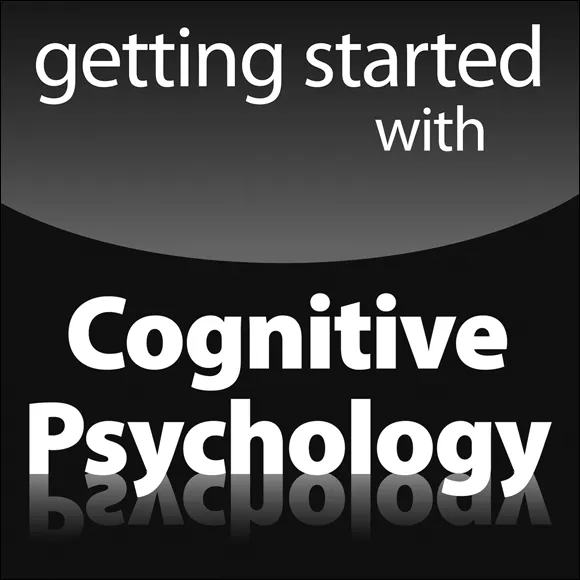
Cognitive Psychology For Dummies
Peter J. Hills, Michael Pake
- English
- ePUB (mobile friendly)
- Available on iOS & Android
Cognitive Psychology For Dummies
Peter J. Hills, Michael Pake
About This Book
Demystify the core concepts of cognitive psychology
Written specifically for psychology students – and not other academics - Cognitive Psychology For Dummies is an accessible and entertaining introduction to the field. Unlike the dense and jargon-laden content found in most psychology textbooks, this practical guide provides readers with easy-to-understand explanations of the fundamental elements of cognitive psychology so that they are able obtain a firm grasp of the material.
Cognitive Psychology For Dummies follows the structure of a typical university course, which makes it the perfect supplement for students in need of a clear and enjoyable overview of the topic. The complexities of a field that explores internal mental processes – including the study of how people perceive, remember, think, speak, and solve problems – can be overwhelming for first-year psychology students. This practical resource cuts through the academic-speak to provide a clear understanding of the most important elements of cognitive psychology.
- Obtain a practical understanding of the core concepts of cognitive psychology
- Supplement required course reading with clear and easy-to-understand overviews
- Gain confidence in your ability to apply your knowledge of cognitive psychology
- Prepare for upcoming exams or topic discussions
Cognitive Psychology For Dummies is the perfect resource for psychology students who need a clear and readable overview of the core concepts of cognitive psychology.
Frequently asked questions
Information
Getting Started with Cognitive Psychology




Understanding Cognition: How You Think, See, Speak and Are!



Introducing Cognitive Psychology
Hypothesising about science
- Devise a testable hypothesis or theory that explains something. An example may be: how do people store information in their memory? Sometimes this is called a model (you encounter many models in this book).
- Design an experiment or a method of observation to test the hypothesis. Create a situation to see whether the hypothesis is true: that is, manipulate something and see what it affects.
- Compare the results obtained with what was predicted.
- Correct or extend the theory.
- You can hypothesise and test only observable things. For this reason, many cognitive psychologists don’t see Sigmund Freud, Carl Rogers and others as scientists.
- You must conduct experiments to test a theory. You can’t do research just to find out something new.


